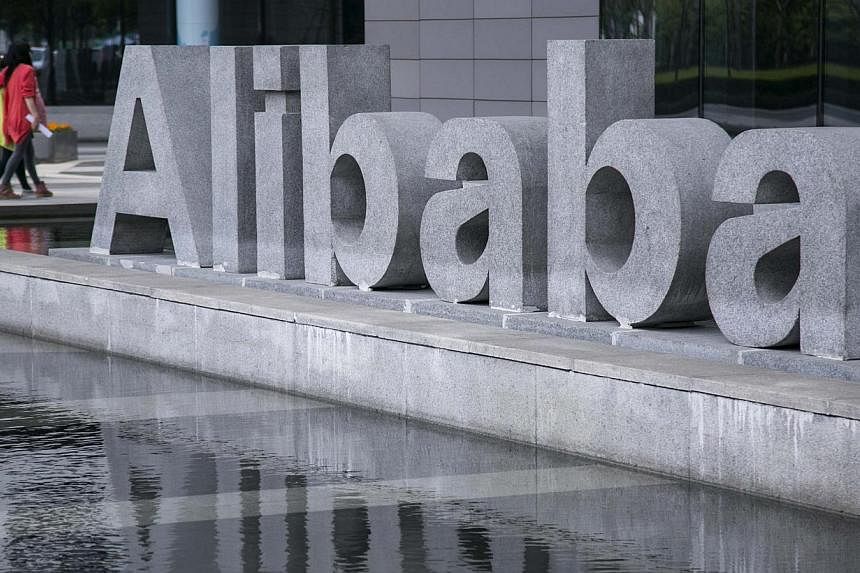HONG KONG (Reuters) - As Alibaba prepares for what could be the biggest tech company IPO to date, the Chinese e-commerce giant has been counselling employees on how to deal with the roughly US$41 billion (S$51.6 billion) they could unlock through a New York listing.
While some staffers have enquired if premium brand BMW sells cars in Alibaba's corporate orange, others may invest windfall stock gains in property in North America or channel funds back into start-up ventures in China, hoping to build future Alibabas, bankers and financial planners say.
The company, though, has been preparing employees for years on how to manage the avalanche of cash, warning them not to be carried away and splurge on material goods.
While Alibaba Group Holding's co-founders Jack Ma and Joseph Tsai are already billionaires, many more paper millionaires could be minted once employees are free to sell shares some time after the IPO.
Current and former Alibaba employees hold 26.7 per cent of the company, having built up their holdings through stock options and other incentives awarded since 1999, according to securities filings, though these didn't detail the number of employee shareholders.
The IPO windfall - Alibaba could be worth US$152 billion, according to the average from a Reuters survey of 25 analysts - will be larger than anything China has seen because of the depth of the group's employee ownership and the size of the company.
Not just managers, but software engineers and staff from sales and marketing and related companies such as Alipay also stand to benefit from selling shares after the IPO. Some of the 20,000 employees have already had the opportunity to sell part of their stakes during previous Alibaba structured share sales through so called liquidity programs.
"The thinking was that if sudden wealth is like venom, giving small doses every now and then was a bit like anti-venom because your company isn't thrown into chaos," said a person familiar with Alibaba's incentive plans who was not authorized to speak publicly on the matter.
In its IPO prospectus, Alibaba acknowledged its concerns about employee shareholders coming into new-found wealth, and maybe wanting to move on. "It may be difficult for us to continue to retain and motivate these employees, and this wealth could affect their decisions about whether or not they remain with us," it said.
Over recent years, Alibaba executives have discussed with employees how the windfall gains could change their lives, warning them not to splash it all on "glitzy things", said people familiar with those discussions.
Former Chief Operating Officer Savio Kwan was one of the executives who took part in the talks, the people said, along with external speakers and academics brought in to talk about leadership, personal development and business goals.
"One thing Jack (Ma) and Savio did was from the early days prepare employees for the effects of having wealth," said Porter Erisman, a former Alibaba vice president and director of"Crocodile in the Yangtze," a documentary about Alibaba's first decade.
"I remember Savio giving a speech about what money means, and he encouraged people to think of money as something that offered more choices. Those choices don't have to be material goods," he added.
Alibaba declined to comment for this article.
The IPO will provide employees their biggest opportunity yet to cash out of their vested stocks once share lock-ups expire.
Employees will not be able to cash out of their holdings entirely through the IPO, as most employee stock is likely to be locked up for months, maybe years, people familiar with the listing process said.
When Alibaba listed its Alibaba.com business-to-business unit in 2007, it was six months before stockholders could sell 40 per cent of the shares held in an employee equity exchange program. For the remaining 60 per cent, the lock-up was for one year.

